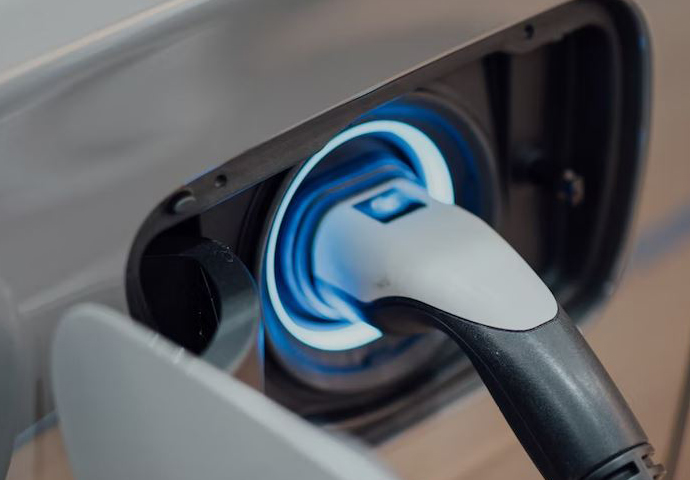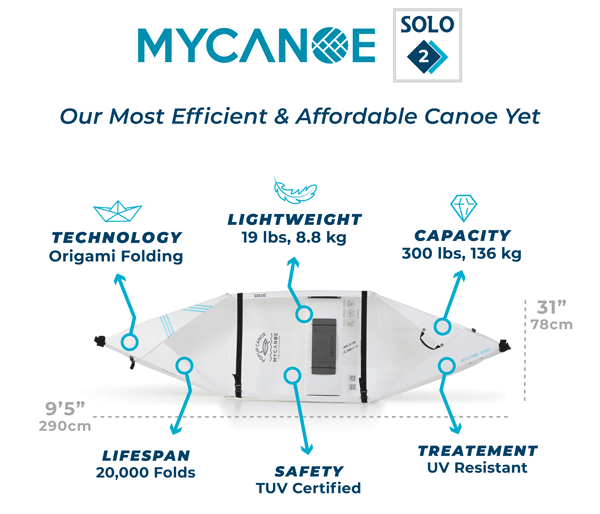About 1 million Americans live in recreational vehicles (RVs) full time, with RV wholesale shipments projected to reach an all-time high in 2021 through 2022. With many seeking more eco-friendly and cost-effective ways to live and travel, the RV lifestyle can present a variety of benefits while allowing for the unique ability to spend time in nature with loved ones — whether it be a full time living situation or a weekend vacation. When looking to the future, however, e-RVs may bring another option to the table entirely.
RV ownership “at a record high”
11.2 million households owned an RV in 2021, according to one survey by GoRving, a partnership between the RV Industry Association and the RV Dealers Association, highlighting a record high of RV ownership. With sales expected to continue rising in 2022, the Duluth News Tribune points out that part of the increase in RV ownership is the “massive influx of retiring baby boomers into the RV market, with time and money on their hands and a desire to get out and explore.” However, the Duluth News Tribune notes that the younger crowd is also taking part in the RV lifestyle, with the survey finding that 18-34 year olds make up an estimated 22% of RV travelers in 2021. With the pandemic likely having an influence on the interest in RVing (by allowing for travel when international trips were out of the question, for instance), the future of the industry will greatly appeal to those who are seeking to make their RV trips more eco-friendly.
The rise of the e-RV concept
Investing in an RV already comes along with eco-friendly benefits. For example, families of four or more that vacation via RV generate less carbon dioxide than when traveling via plane, renting a car, or staying in a hotel, according to PKF Consulting. Those who invest in an RV (whether for vacationing or full-time use) can also easily make adjustments to the vehicle that can further benefit the environment — such as installing solar panels or making use of a composting toilet. When looking for an all-around eco-conscious way to partake in the RV lifestyle, however, the motorhome company Winnebago Industries presents a unique concept.
Having recently announced its concept for an “all-electric zero emission motorhome,” the e-RV is set to feature an 86-kWh battery, allowing the vehicle to have a 125-mile driving range (while powering on-board amenities). The e-RV is also set to feature an eco-friendly interior, which includes cork-rubber flooring and woolen walls, an aspect that aims to “enhance thermal and wall insulation,” notes the company’s statement. To further highlight the vehicle’s eco-friendly interior, the CNBC article notes that the living quarters, appliances, and controls will “all rely on the vehicle’s electrical power system,” built by Lightning eMotors. However, it’s important to mention that Winnebago isn’t the only company to work on bringing the concept of an e-RV to life, as Thor Industries, Mercedes-Benz, and Nissan all have similar plans.
The benefits involved
While the features of the Winnebago e-RV concept are intriguing, it’s important to understand why an electric RV can make such a difference. One Forbes post points out the fact that existing RV design depends on gasoline/diesel to drive the vehicle and run the generator, which powers features such as the microwave and AC — not to mention the use of propane, which allows for hot water, running the fridge, etc. In terms of the potential for electric RVs, it’s noted that “If you start imagining electric vehicle RV camping, a whole bunch of interesting options open up, both on how you power things in the camper, and the types of off-roading that become possible. In particular, it should be possible to make electric off-road vehicles that vastly outperform today’s gasoline vehicles. These things, along with the greener nature of electricity, may soon make electric RV camping a worthwhile choice.”
What you should keep in mind
While the potential future of e-RVs can be exciting — many may have concerns regarding various aspects of such vehicles. Those who are unfamiliar with electric vehicle batteries, for instance, may worry that charging takes too long, or may worry that charging an EV is worse for the environment than burning gas. Regarding charge times, however, Winnebago CEO Michael Happe mentioned that Winnebago is working to expand the e-RV’s mileage to at least 200 miles after just a 45 minute charge (ideally before the e-RV hits the market, according to the CNBC article).
For those who worry that charging an EV is worse for the environment than burning gas, this is another common misconception surrounding EVs. According to the EPA, EVs are “typically responsible for lower levels of greenhouse gases (GHGs) than an average new gasoline car.” While the EPA’s online emissions calculator can better help to understand the level of emissions that an EV might produce, other questions related to charging — such as availability of charging stations when traveling may present another concern.
For those who plan to invest in an e-RV one day in the future, finding a charging station — especially when out on a trip in rural or remote areas — may present a challenge. Author Kellie Lunney points out in a Bloomberg article, “Electric RVs have charging needs that go beyond those of smaller electric vehicles….” The Bloomberg article further notes that the current EV infrastructure in the U.S. “is not geared toward e-RVs,” according to Renee Jones, vice president of marketing at Thor, a statement that points out the need for investment and regulation for RV infrastructure — something that the company [Thor] is advocating for in Washington (in addition to still refining the tech and user experience of their e-RV).
While investing in an electric car is a mainstream consideration for many, being able to make the same choice when it comes to recreational vehicles appears to be a work in progress. With several companies having announced plans for e-RVs, knowing the features, benefits, and considerations are essential for anyone looking forward to the concept.
































2 Responses
Testing Comments…
Testing Comments, NOT LOGGED IN…